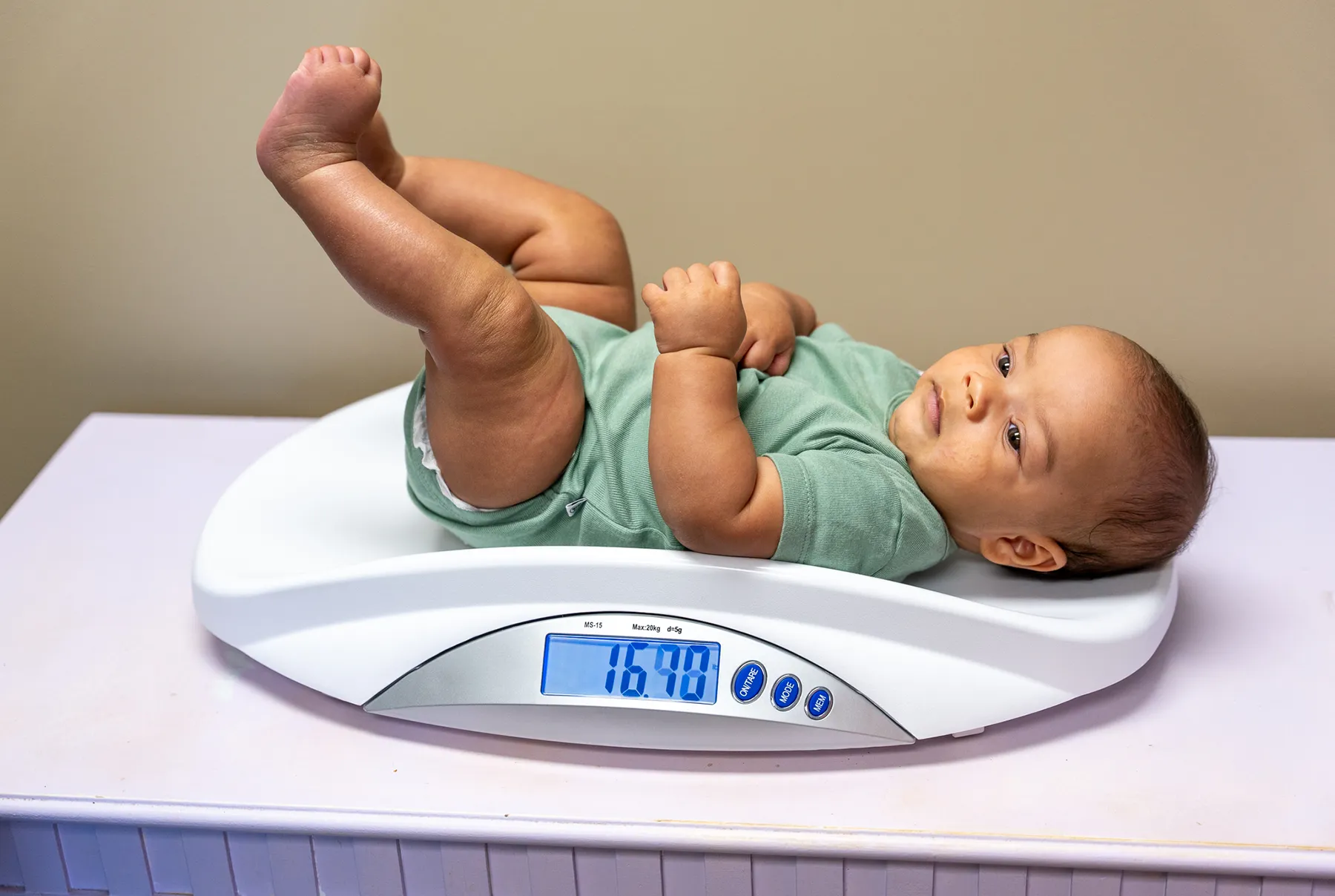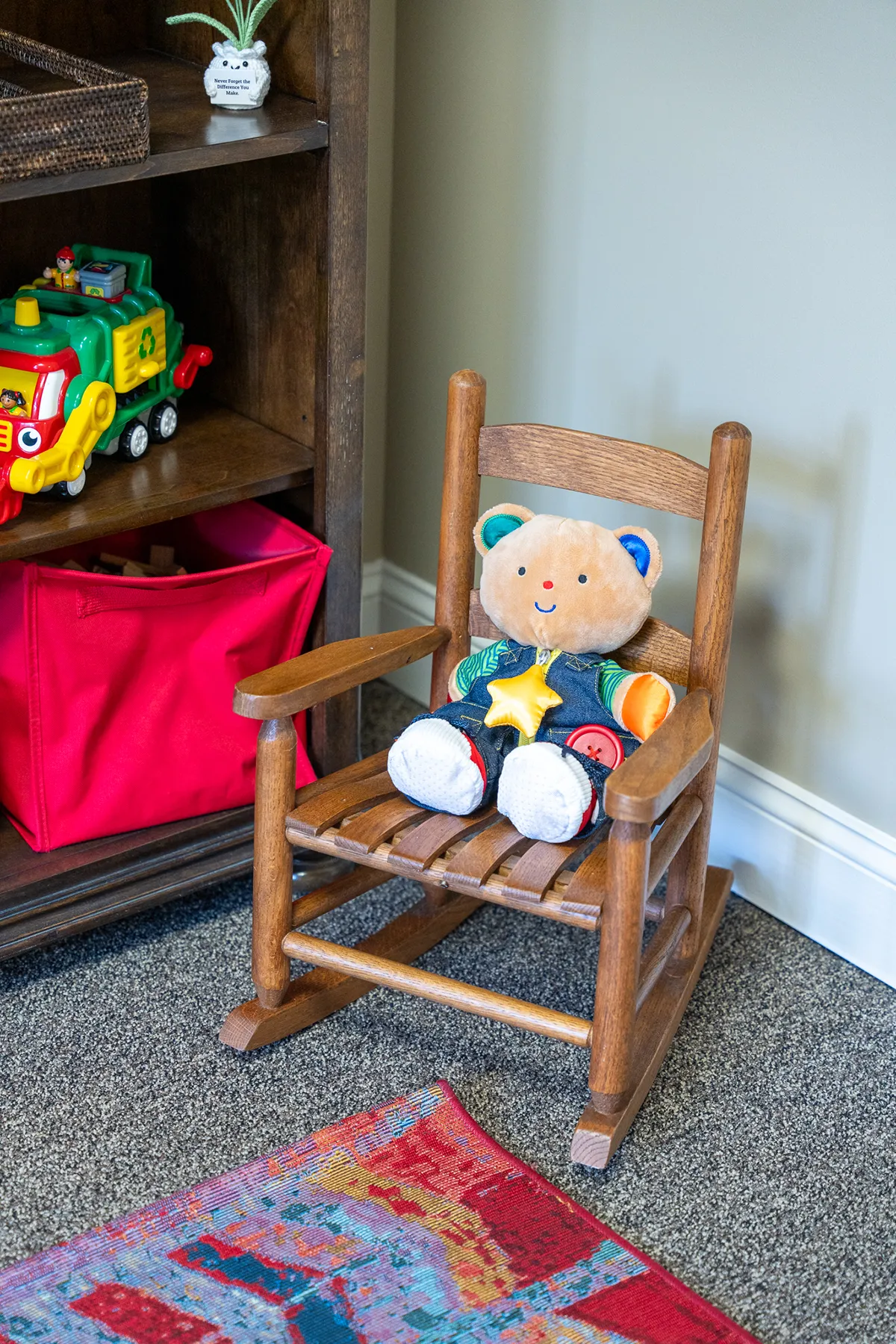
As parents, it’s natural to wonder if your child is on track with their development. At Three Peaks Pediatrics and Lactation, we believe that tracking developmental milestones is a crucial part of our well-child visits. These milestones—from a baby’s first smile to a toddler’s first words—are key indicators of how your child is growing and learning. We’re here to partner with you to ensure your child is thriving.
What Are Developmental Milestones?
What Are Developmental Milestones?
Developmental milestones are a set of skills or behaviors that most children achieve by a certain age. They are typically categorized into a few key areas:
- Social and Emotional: How your child interacts with others and expresses their feelings.
- Language and Communication: How your child understands and uses language.
- Cognitive (Learning, Thinking, Problem-Solving): How your child thinks and solves problems.
- Movement and Physical Development: How your child uses their body, including both large (gross motor) and small (fine motor) muscles.
It’s important to remember that every child develops at their own pace. Milestones are a guideline, not a strict timeline. Some children may reach a milestone earlier than their peers, while others may take a little longer.
Developmental Screenings at Our Office
Developmental Screenings at Our Office
To help us track your child’s progress, we incorporate standardized developmental screenings into our well-child visits. These are not diagnostic tests but rather tools to help us identify if a child might need further evaluation or support. They help us have a clear, data-driven conversation about your child’s development.
During these screenings, we may ask you questions or have you fill out a questionnaire about your child’s skills and behaviors. This helps us assess their development in all key areas. We typically begin these screenings at the 2-month well-child visit and continue through preschool and beyond.
- For Infants and Toddlers: We use a tool like the Ages & Stages Questionnaires or the Survey of Well-being of Young Children to evaluate a wide range of developmental areas.
- For Older Children: We may use other screening tools to assess for things like learning differences or attention issues.
These screenings, combined with our direct observations, give us a comprehensive picture of your child’s progress.
When to Be Concerned and How We Can Help
When to Be Concerned and How We Can Help
If a screening or our clinical judgment suggests a possible developmental delay, we will discuss it with you. This isn’t a cause for panic as kids develop at different speeds and patterns. Instead, it’s an opportunity to take proactive steps.
- Further Evaluation: We may recommend a more in-depth evaluation with a specialist, such as a developmental pediatrician, a speech therapist, or an occupational therapist.
- Early Intervention: For infants and toddlers, early intervention services can be incredibly effective. We can help you navigate this process and connect you with resources that provide therapy and support.
- Ongoing Support: We will continue to work with you, monitoring your child’s progress and adjusting our recommendations as needed.
Our goal is to be your partner in this journey, providing guidance and support every step of the way. If you ever have a question about your child’s development, please don’t hesitate to ask us during your next visit.


